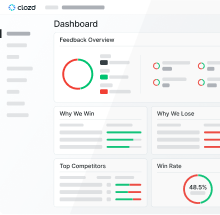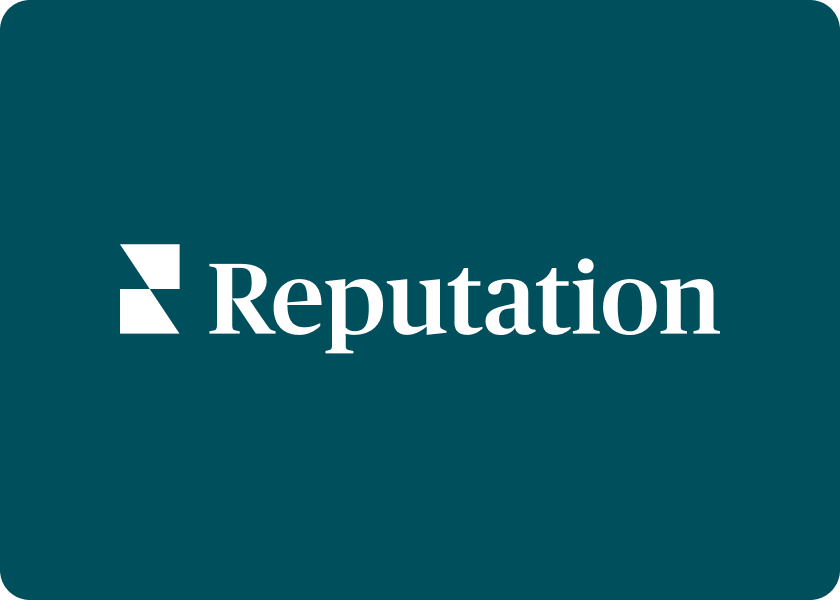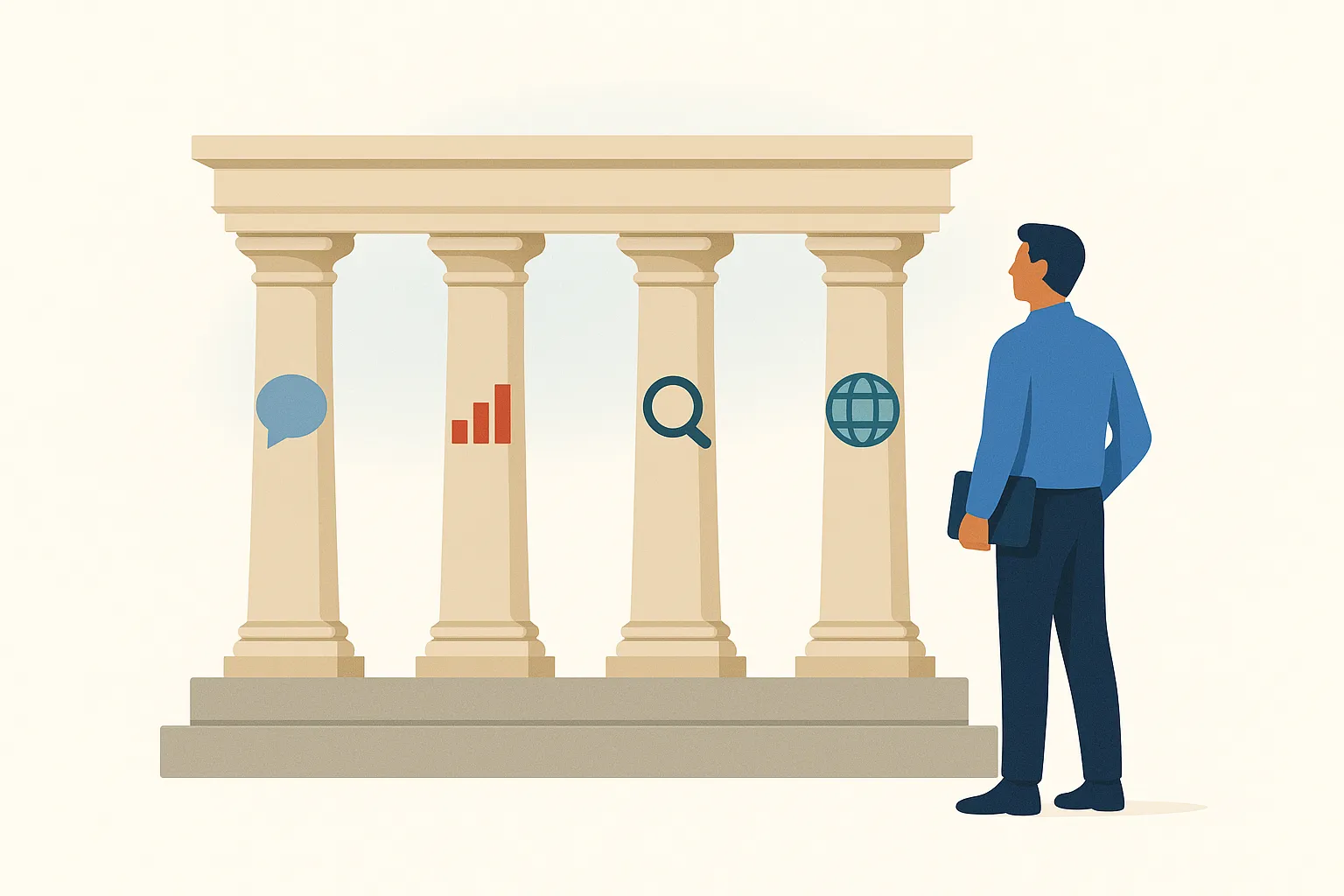TL;DR
- Sales enablement is crucial for B2B sales success and requires a deep understanding of sales strategies.
- Integrating win-loss analysis into sales enablement tactics provides valuable insights directly from your buyers.
- Win-loss analysis involves interviewing decision-makers to understand buying decisions.
- By using win-loss feedback, you can optimize your sales enablement strategies and refine your tactics.
Achieving B2B sales success requires more than just an understanding of your product and market—it demands a thorough grasp of how and why your sales strategies succeed or fail. This is where sales enablement is critical in preparing your sales force to effectively engage with prospects and close deals efficiently.
Integrating win-loss analysis into your sales enablement plan is essential to truly refine and optimize these strategies. These processes can provide invaluable insights into your sales approach and detailed buyer feedback that can transform your business.
What is sales enablement?
Sales enablement is the strategic, ongoing process of equipping sales teams with the tools, resources, and knowledge they need to sell effectively. It involves defining the core functions that empower your sales team to engage with prospects and customers throughout the sales process. The responsibility for sales enablement often falls on a combination of stakeholders, including CROs, CMOs, and revenue operations professionals, highlighting its cross-functional nature.
The importance of robust sales enablement strategies cannot be overstated—they are essential for effective sales processes that drive revenue and business growth. To maximize the potential of these strategies, however, an understanding of win-loss analysis is crucial.
Integrating win-loss analysis into sales enablement tactics
By integrating win-loss analysis into your sales enablement strategy, you’re able to leverage real-world feedback to sharpen your sales team's focus on behaviors that drive buying decisions. This alignment helps your team become more adaptive and responsive to customer needs and shifts in the competitive landscape. It's about ensuring that your strategies meet current demands while anticipating future challenges.
Understanding win-loss analysis
Win-loss analysis involves interviewing decision-makers about why they choose to buy—or not. When done right, win-loss interviews uncover key insights about how your buyers perceive your offerings, what they value most, and how your solutions compare to what your competitors are offering. This direct feedback is instrumental in identifying the strengths and weaknesses of your sales approach, allowing you to build sustainable competitive advantages.
Building a sales enablement strategy with win-loss data
Incorporating win-loss findings into your sales enablement planning is a strategic move that can significantly enhance your sales team's performance. By analyzing why deals are won or lost, you can tailor your training programs to reinforce the behaviors that lead to wins and address the gaps that contribute to losses. This targeted approach ensures that your sales enablement strategy is aligned with actual market demands, and that it’s adaptable to the evolving needs of your buyers.
Using win-loss feedback to optimize your sales enablement strategy
Leveraging win-loss feedback is crucial as you fine-tune your sales enablement strategy. Insights from actual sales interactions enable you to continuously refine your tactics, ensuring that your approach remains practical and strategically sound. This ongoing adjustment keeps your sales team agile and in tune with the latest market developments.
Refining sales enablement tactics using detailed buyer feedback
The deep insights from win-loss interviews provide a foundation for refining your sales tactics. Understanding the reasons behind a customer's final purchase decision—whether they chose you or not—enables your sales team to replicate successful strategies and tweak underperforming ones. This feedback is invaluable for training because it gives sales representatives real-world examples of what works and doesn't.
Sales enablement tools & technologies to enhance analysis
Effectively analyzing win-loss data requires the right tools. Integrating your sales enablement platform with your CRM system is essential for efficiently managing and making sense of buyer feedback. Tools like the Clozd Platform streamline this process, enabling your sales teams to easily access actionable insights. Clozd’s innovative technology simplifies data analysis and comprehensively supports your team's ability to adapt to and act on new information quickly.
Implementing & sustaining your win-loss analysis program
A successful win-loss analysis program is an ongoing strategy that requires continuous effort and adjustment. Here’s how to ensure your program delivers sustainable results:
Secure buy-in from key decision-makers
- Your program will have more success and support if it’s a top-down initiative. Partnering with your executive team will ensure that your program is aligned with broader business goals. Executive support also goes a long way as you strive to create a culture of transparency and continuous improvement.
Partner with experts
- An objective third party can conduct in-depth win-loss interviews to provide powerful, unbiased insights that enhance your understanding of what drives sales outcomes.
Implement a systematic approach
- Integrating with your CRM—and other tools you already use each day, such as email or Slack—allows for continuous tracking and analysis, ensuring that your win-loss insights are actionable and timely.
Distribute insights and train your teams
- Leverage insights for training and strategy refinement. Clozd facilitates the creation and distribution of training materials based on real buyer feedback, ensuring that all teams are strategically aligned.
Regularly review and adapt
- Continuously evaluate and adjust your win-loss analysis program to stay responsive to market changes. Clozd supports regular effectiveness reviews and program adjustments.
Measure impact and ROI
- Track your program’s effectiveness through win-rate improvements and reductions in ramp-up times, quantifying ROI with the tools available within the Clozd Platform.
Design & execute your own win-loss analysis program with Clozd
Win-loss analysis is a powerful tool for enhancing sales enablement strategies. By uncovering the detailed reasons behind your sales team’s successes and failures, you can equip your team with the knowledge and skills to increase their win rates and drive revenue. To explore how to effectively implement these insights within your organization, check out how Clozd can provide the tools and expertise needed to harness the full power of win-loss analysis.











.svg)











.svg)

.svg)




